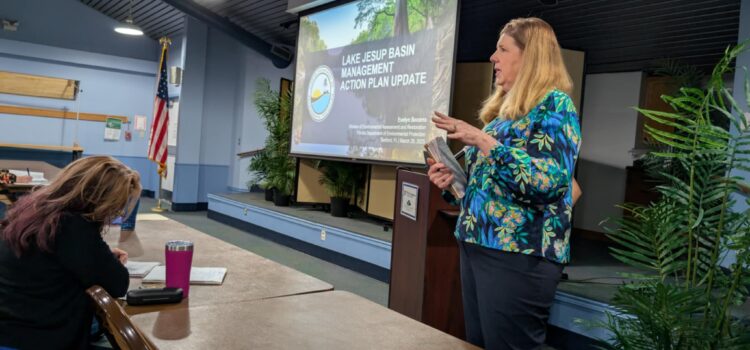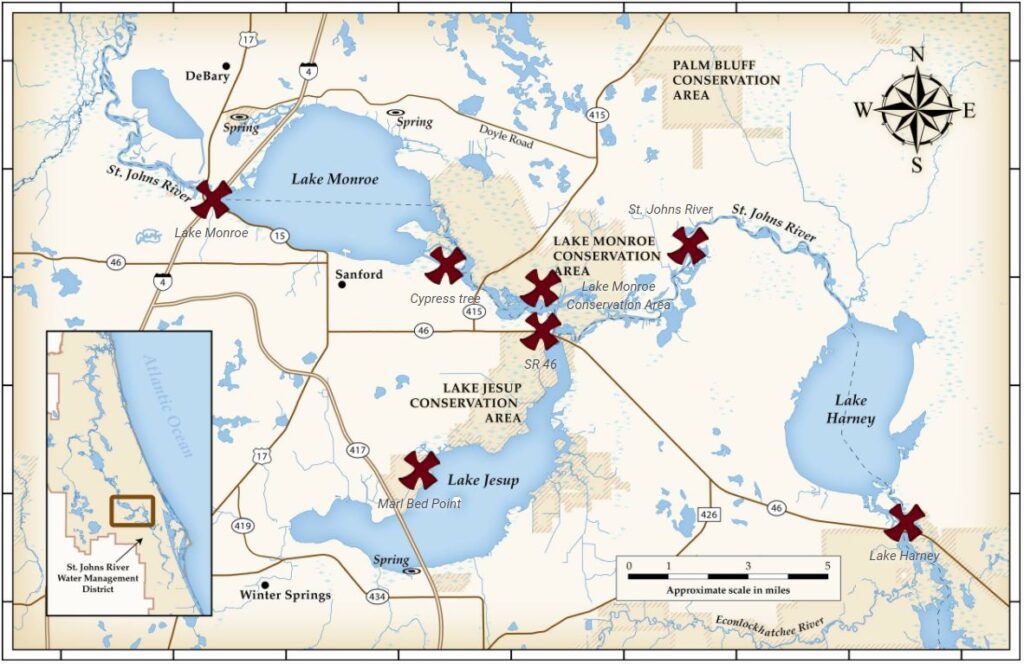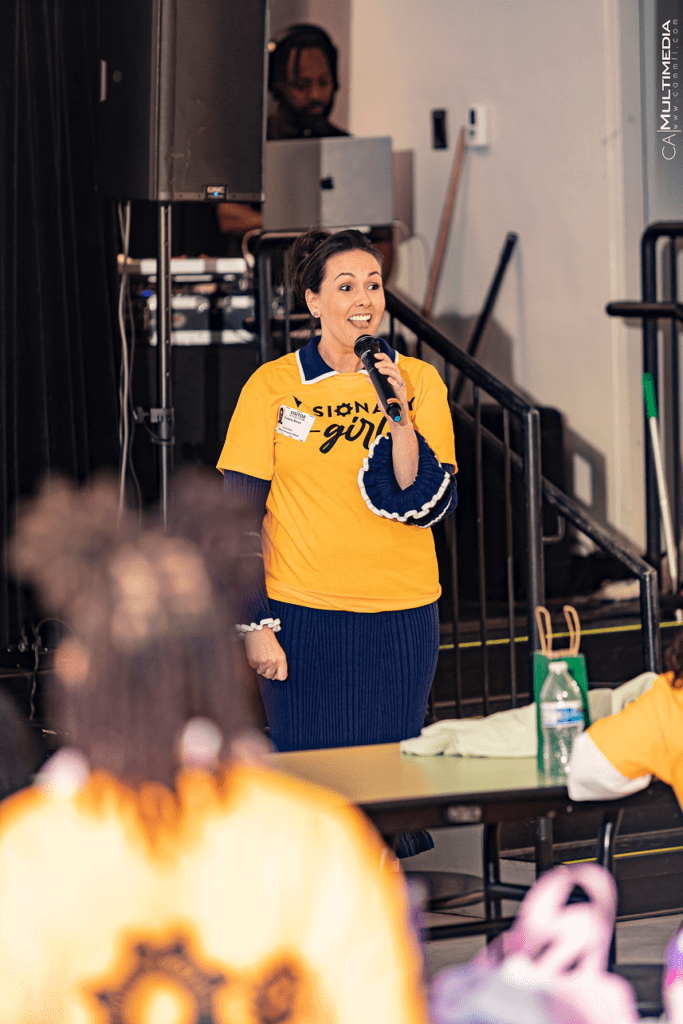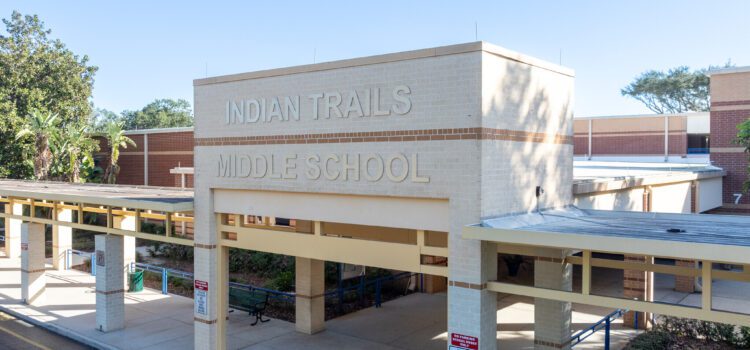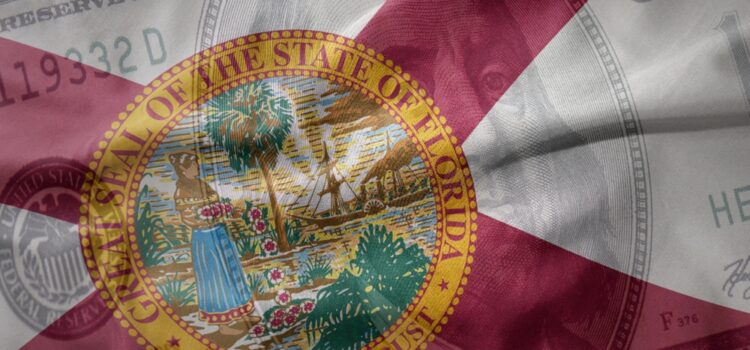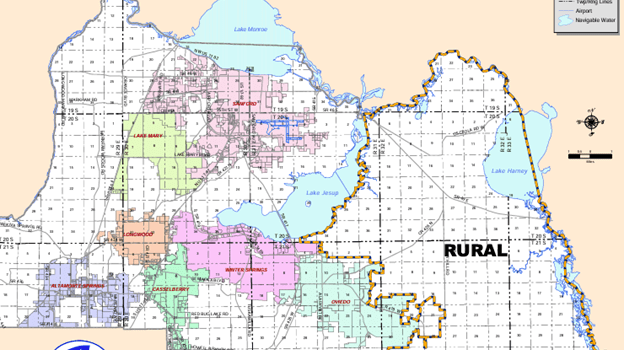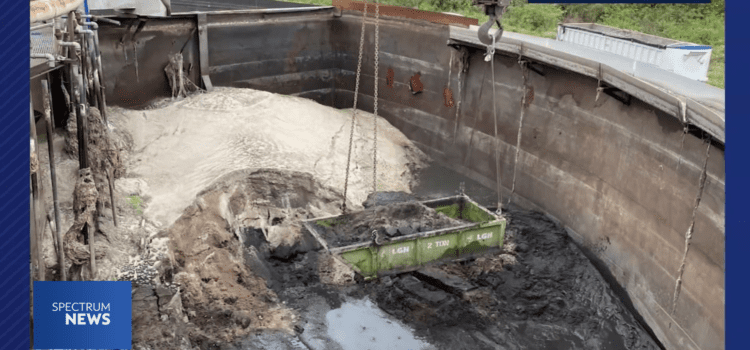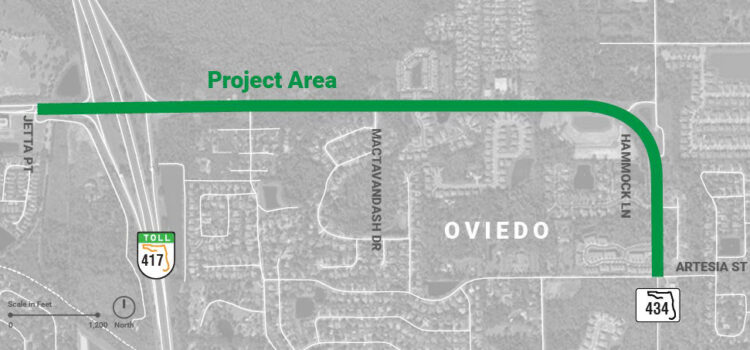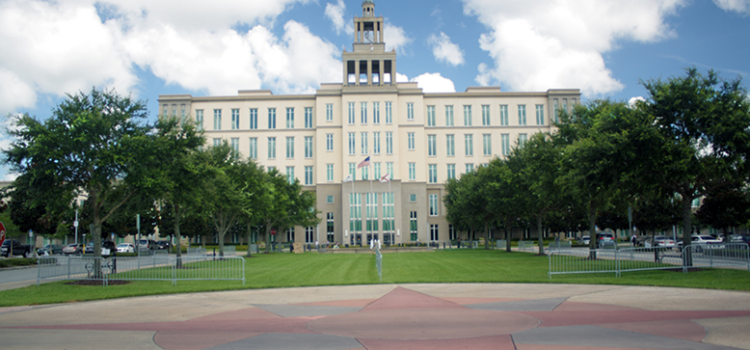Big changes are happening in Winter Springs—and they’re happening for the better.
Veolia, the city’s current water services contractor, has submitted its formal resignation, effective September 30, 2025. While this shift may seem sudden, it’s actually a turning point—an opportunity to reset, rebuild trust, and refocus on what matters most: clean, safe water and transparent, accountable city operations.
As your City Commissioner, I want to share the facts and explain what this transition means for our community—and why it’s a good thing.
This Contract Was Inherited—Not Initiated
The Veolia agreement was signed under a previous administration. Since taking office, it’s become increasingly clear that this contract hasn’t delivered the level of oversight, reporting, or environmental compliance that Winter Springs deserves.
This is not a challenge created by your current Commission, but it is one we are actively working to resolve.
Environmental Compliance Was Falling Short
Winter Springs has been operating under multiple consent orders from environmental protection agencies. These are not routine citations—they are serious warnings about deficiencies in documentation, maintenance, and performance.
Let me be clear: We cannot afford to take shortcuts when it comes to public health and environmental stewardship. We must do better—and we will.
We’re Building a Transparent, Accountable Future
Transparency and accountability are not optional—they are essential. That’s why we are approaching this transition with clear communication, expert involvement, and a renewed focus on performance and compliance.
We’re not just switching contractors. We’re rebuilding the foundation of how our water and wastewater systems are managed—one based on long-term planning, rigorous standards, and responsible growth.
A New Chapter Begins October 1, 2025
Veolia’s resignation is effective September 30, 2025. April 11, 2025, bids are due for a new service provider, who will begin managing our water systems the very next day—October 1, 2025. This new chapter is about more than a new name on a contract—it’s about ensuring the health and future of our community.
If you’d like to get updates as they happen, follow me on Facebook.
What This Means for You
You deserve clean drinking water, trustworthy leadership, and a city government that rises to meet challenges head-on. This moment represents progress—and a chance to align our infrastructure with the values we share: sustainability, safety, and community-first decision-making.
Stay tuned—there’s more to come.
Thank you for being engaged, informed, and supportive as we work together for better outcomes for everyone in Winter Springs.
—Victoria K. Bruce
Winter Springs Commissioner, District 2


